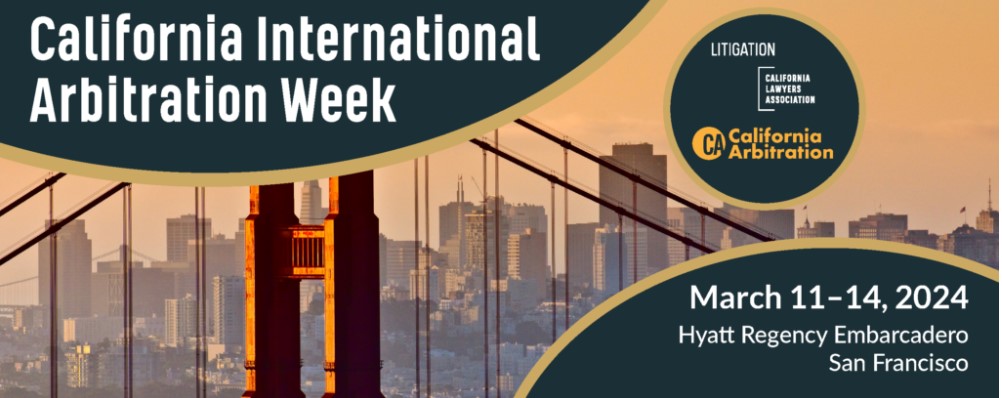
- This event has passed.
Ethical Conundrums Faced by Parties and Arbitrators in International Arbitration
March 12 @ 9:15 am - 10:45 am

International arbitration is rife with tricky ethical issues as the standards governing lawyers in other countries often differ from those governing US lawyers. For example, can a party interview a prospective party-appointed arbitrator and, if so, what questions are off limits, such as hypotheticals that include key facts from the arbitration? What obligations does an arbitrator have when becoming aware that a co-arbitrator has failed to disclose important information such as financial connections with one of the parties? How far and for how long can an arbitrator lean toward the party who appointed them: during the hearing, and then during deliberations? A legitimate role of a party-appointed arbitrator is to ensure that the tribunal understands the positions taken by the party who appointed them. But some arbitrators go further by asking pointed questions of only one party or of “advocating” for the position of the appointing party during deliberations. Opposing counsel in an arbitration may also be subject to conflicting ethical obligations regarding important aspects of the proceeding. When faced with a request to produce documents in the arbitration, a US-barred lawyer is obligated to produce inculpatory documents that may harm the lawyer’s client’s position, yet a civil law practitioner is prohibited from doing so. The privilege rules between the common law and civil law systems can also vary widely. For example, privilege protections can extend to the internal communications of in-house counsel in common law jurisdictions but not normally in civil law jurisdictions. Similarly, an English barrister is not allowed to review testimony with witnesses before they take the stand, yet a US lawyer is free to “horse shed” that same witness. How are these disparities in the professional responsibilities of opposing counsel to be resolved without giving one side an advantage and hence “an inequality of arms”? What disclosure or other obligations arise when an arbitrator is a partner of a global law firm that receives third party funding, or is the actual recipient of funding in an arbitration?
Details
- Date:
- March 12
- Time:
-
9:15 am - 10:45 am
- Website:
- https://calawyers.org/2024-california-international-arbitration-week/schedule/
Organizers
- California Arbitration
- California Lawyers Association
Venue
- Hyatt Regency San Francisco (Embarcadero Center)
-
5 Embarcadero Center
San Francisco, CA 94111 United States + Google Map - Phone
- (415) 788-1234
- View Venue Website
For other global international arbitration and ADR events: See the recent NYIAC Around Town: Upcoming Events in International Arbitration events list here.
